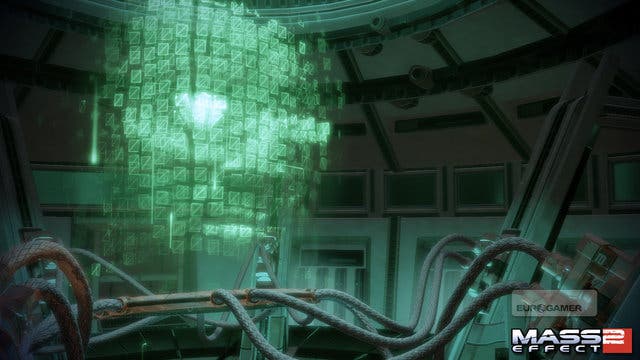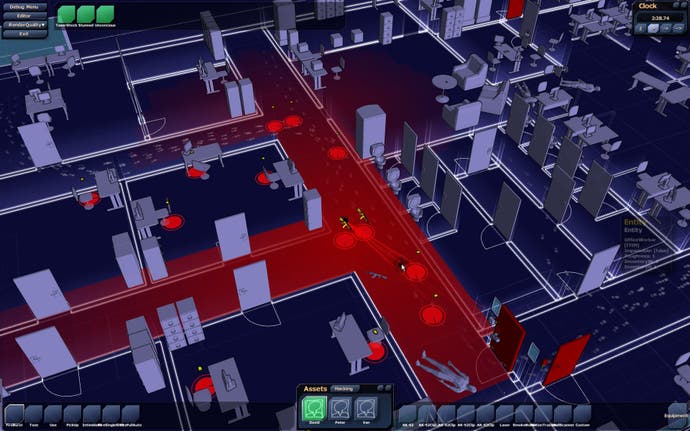Have videogames lost the plot?
A look at why games don't tell good stories.
So if well-simulated gameworlds provide scope for emergent narrative, where does this leave the traditional plot? When it comes to RPGs and adventure games, we're used to narrative arcs, plot twists and character development – complex structures that emergent narratives so far don't produce.
According to Riedl, procedurally generating plots in games may not be so far away. "I think procedurally generated side-quests could be low-hanging fruit, in the sense that many of the technologies are ready to go and can be performed fast enough for games to realistically use," he says.
Riedl has already embedded his branching story generation algorithm into the Unreal Tournament engine, as part of work that is partly funded by the US military. By simulating a marketplace, the system challenges the player to prevent a terrorist bomb attack through talking to NPCs. If the player thwarts an NPC's efforts, the algorithm rewrites the narrative - dynamically changing the responses of the NPCs to the player's actions.
"Once one game demonstrates its effectiveness, demand may follow. There will always be room for emergent narrative, when used properly," says Riedl.
"Procedurally branching game narratives, in which a procedural content creation system makes small adjustments to the main plotline of the game, or weaves emergent sub-plots into the game, may come a bit later. In some respects, Mass Effect 2 has taken a step in this direction."

Riedl suggests that similar approaches could be used in multiplayer games, either to co-ordinate NPCs or to co-ordinate player stories when teams break up. However, he's unable to elaborate further on his own plans in this regard due to having signed a non-disclosure agreement. For Delay, there are issues with dynamic plots that go beyond the purely technical. "There's a a wider question – is it possible for a videogame to tell a good story, in the traditional sense? Because I'm actually not sure," he says.
"Stories tend to be quite character driven. The story emerges out of the characters doing what they would do in the world. And those are the really great stories. But in videogames you've got this massive problem – the main character is controlled by the player. So it just doesn't have any of that inner emotion or drive in the same way that a screen character would do.
"If you then ask, is it possible to procedurally generate a good story, I would say it's even harder. You're starting from a medium that isn't that great at telling stories in the traditional sense, and you're trying to do it electronically."
While Riedl has had success with story generation algorithms, he says developing emotion in the output is challenging.

"In academic research labs such as my own, we have AI systems that can generate short fairy tales from scratch and AI systems that can generate branching story trees for games and training simulations," he says.
"This is because the structures of fairy tales and many computer game plots are relatively straight-forward, focusing on action and causality. The harder problems involve the conveyance of nuance and emotion through story."
So what does the future hold when it comes to story-telling within games? Steenberg and Delay are in agreement: creating the deep, simulated gameworlds needed for well-developed dynamic and emergent narratives is incredibly complex, and success is hard to measure.
"Right now, if I were a commercial game developer, I would be very hesitant to make the kind of game that I've made, for those reasons," says Steenberg.
"On the other hand I'm sort of convinced that at some point, and I think some of my players are at this point, people will play a game and they will understand what a game can be, and how dynamic a game can be.
"And that will make other games feel incredibly old."







